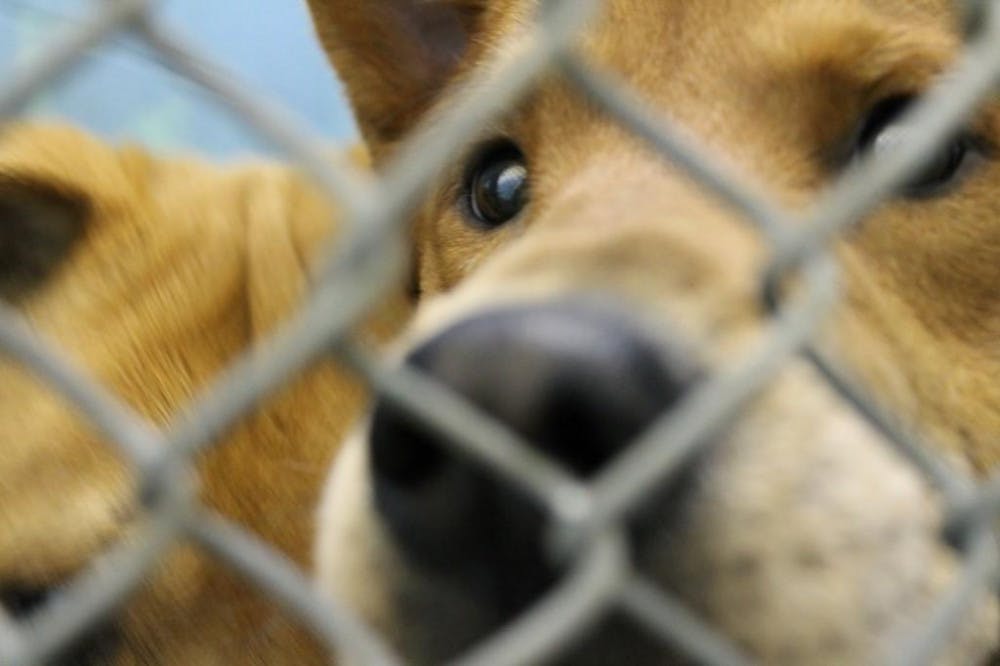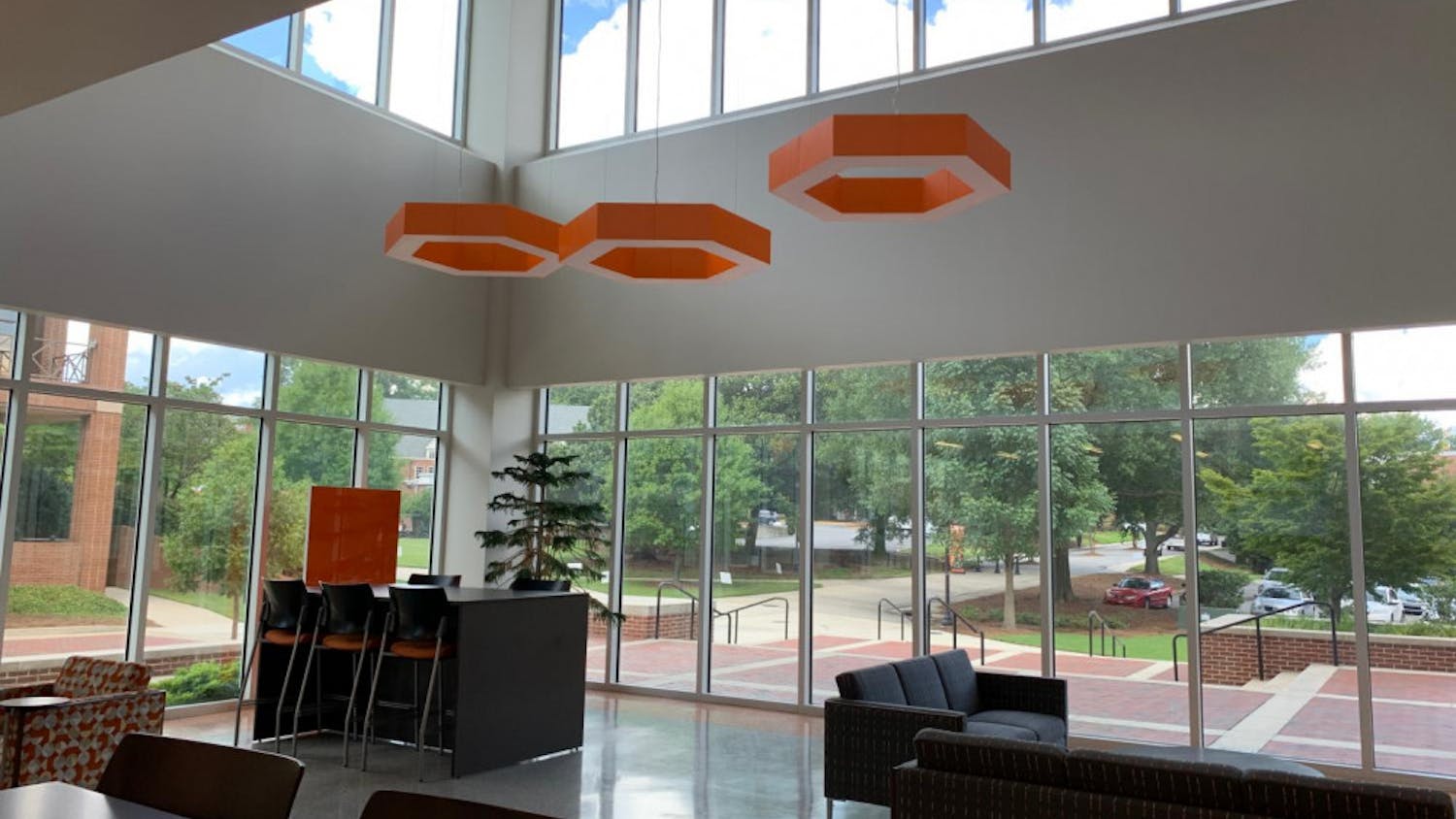A rampant stray animal population poses several hazards for a community, and as a quick drive around town will reveal, Macon has a big problem with strays.
Loose dogs and cats often get hit by cars, and the bodies that result serve reasonable grounds for health concerns. In the case of wild dog packs, some stray animals can be legitimately dangerous.
The problem is self-perpetuating as long as there are animals on the street; if they are running around unattended, they are most likely breeding, spawning a new generation of strays to run loose, go hungry and cause problems in the community.
The county animal control department can hardly help; their small, 60-dog shelter is almost always operating at full capacity.
The animal rescue groups are also in a constant struggle to get animals off “death row” at the county shelter or to find foster homes and permanent owners for the animals they pick up themselves.
If you call any one of Central Georgia’s many animal rescue facilities, you will most likely be greeted with the message: “We’re sorry, but we can take no more animals at this time.”
However, there is at least one Macon institution that, though it is heavily involved in helping the community, has completely neglected the stray animal issue.
The stray animal issue is inseparable from the issues of poverty and lack of education, and it perpetuates poor living conditions and the overall bad health of our communities.
Despite the importance of addressing the stray animal problem, the institution in question has made no move to tackle the problem.
Mercer University, I’m looking at you.
We have an animal rescue group on campus, but my impression is that it is very small and very quiet, and only really helps to raise money and to staff the adoption day at PetsMart on occasion.
Both of these tasks, of course, are worthy and important—Macon Purrs N Paws, one of the rescue groups, sends out constant Facebook updates pleading for donations so they can feed their rescued animals and provide them with proper medical care.
But compared to the amount of time Mercer puts into community outreach programs like LEAP, Habitat for Humanity and other people-oriented service organizations, that volunteer base seems woefully small.
I’m surprised that such a community-conscious group of people could have overlooked this massive problem, especially one that has such a direct correlation with the health of the human community.
I’m not one of those manic animal rights activists who believe that “fur babies” are more important than people, but when children and unvaccinated dogs are occupying the same streets, I think we can agree there is an issue to be addressed.
So what can Mercer do? My first suggestion is for students to get involved with one or multiple of the animal rescue groups around Central Georgia to help with educating the community.
As I write in my article for this issue, an uneducated public only feeds the problem, and Macon pet owners do not know leash and licensing laws or the locations of free spay and neutering programs—both of which go a long way to control a stray pet population.
It would be effective and easy for a Greek organization or another campus group to run an education campaign in the community to help disseminate that information.
The animal rights groups and the Bibb County Animal Shelter say that they are willing to work with anyone who has the animals’ best interests at heart, so it would not be hard to find a place to plug in.
Students are not allowed to keep pets in the dorms, but for those of you who live off campus or plan to do so, I encourage you to adopt or foster a pet from one of these organizations.
It frees up space in the shelter and the rescue groups, meaning one less dog or cat has to be put down.
Even if the animal has to be given up at graduation, fostering a rescue pet gives rescue groups more time to find a permanent owner and keeps the animal from running loose in the community.
Macon has reached a point with its strays that fostering or adopting a local animal is practically an act of community service.
The health of the human community and the health of the animal community are directly related in a vicious cycle.
It’s going to take a lot of work and a lot of awareness to fix or at least slow the problem, and the existing organizations are doing all they can and still falling behind.
It is time for Mercer to get involved, and to let our bright and creative students find an innovative solution to the problem of strays.
Mercer has resources at disposal to help strays





